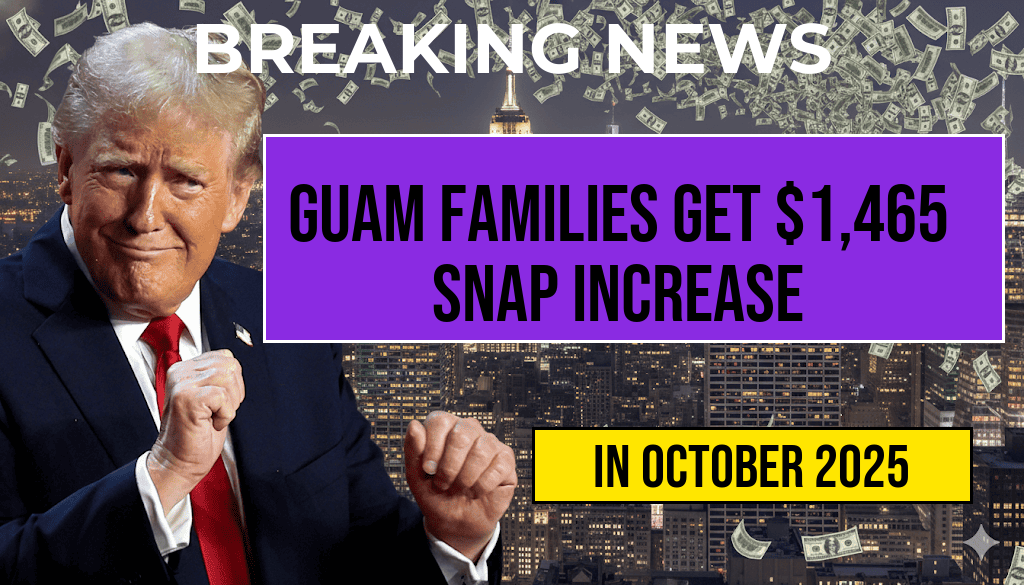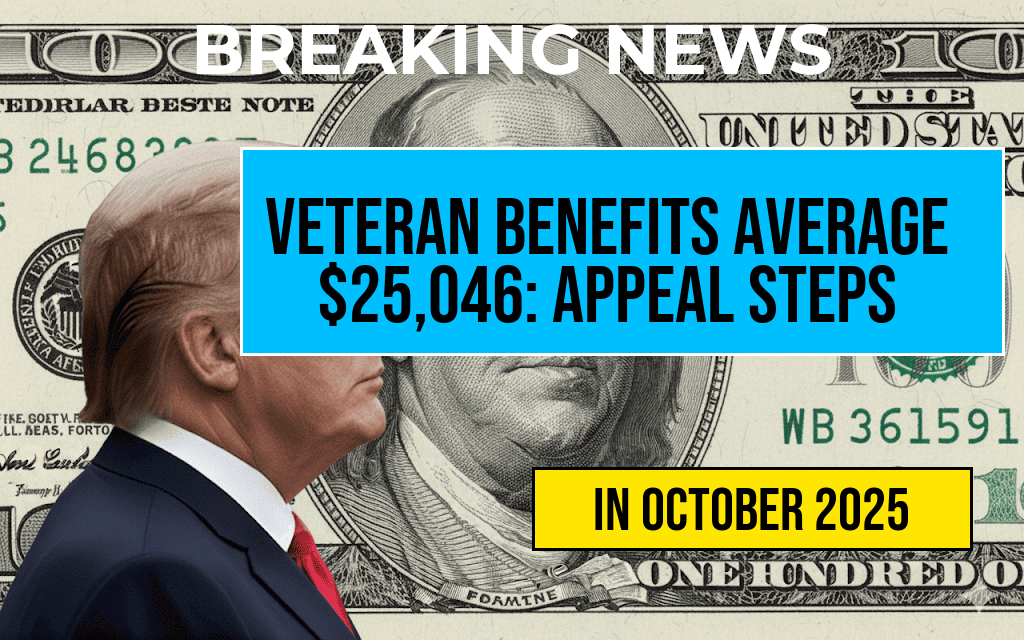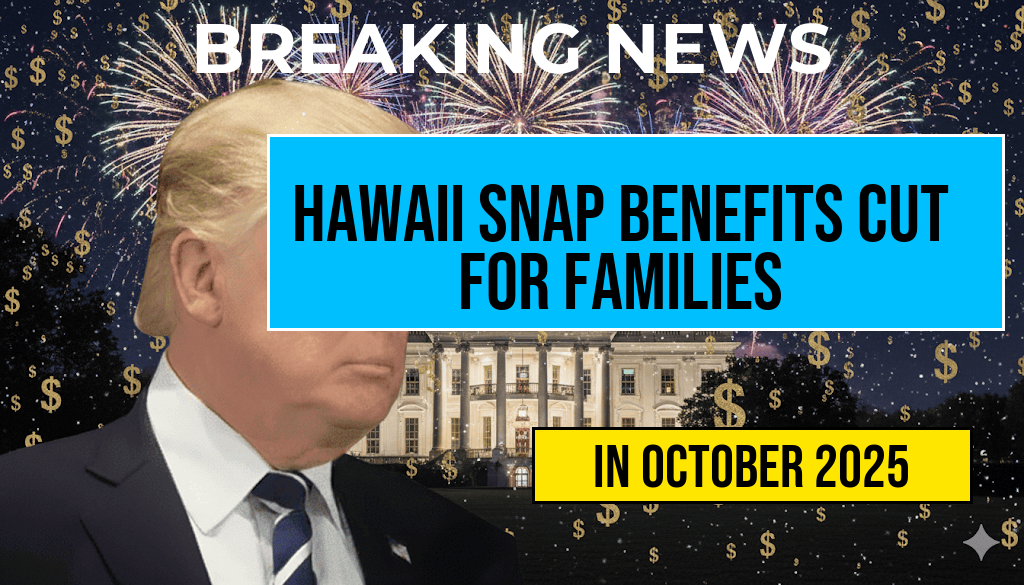The prospect of making tips tax-free in the United States has ignited a complex debate among economists, policymakers, and service industry workers. A recent analysis estimates that exempting tips from taxation could cost the federal government between $100 billion and $550 billion over the next decade. This staggering figure raises questions about the implications for government revenue and the broader economic landscape, particularly in the wake of a pandemic that has already strained the service sector. As restaurants and service providers continue to navigate economic recovery, understanding the financial impact of tip taxation becomes crucial for both workers and policymakers alike.
Understanding the Tax-Free Tip Proposal
The proposal to exempt gratuities from taxation aims to support service workers, many of whom rely on tips for a significant portion of their income. The concept has gained traction amid ongoing discussions about wage equity and the need for financial relief for those in the hospitality industry. Proponents argue that removing taxes on tips would directly benefit workers, allowing them to retain more of their earnings and potentially boosting consumer spending.
The Economic Implications
However, the financial ramifications of such a policy change are profound. The estimated cost of $100 to $550 billion encompasses various factors, including:
- Lost Tax Revenue: The federal government relies on income and payroll taxes from tips to fund public services. Exempting tips from taxation would create a significant revenue gap.
- Impact on Social Security: Tips are reported as income and contribute to Social Security benefits. Reducing taxable income could lead to lower future benefits for workers.
- Potential for Wage Adjustments: Employers may adjust base wages if tips are no longer taxable, complicating the financial dynamics for service workers.
Current Taxation Landscape
Under the current system, service workers must report their tips as income, which can create challenges in accurately declaring earnings. The Internal Revenue Service (IRS) mandates that tips are taxable and should be reported, yet many workers underreport their earnings due to various reasons, including the fear of being taxed on their total income. This leads to a complicated relationship between service workers and the tax system.
Potential Benefits of Tax-Free Tips
Advocates for making tips tax-free highlight several potential benefits:
- Increased Take-Home Pay: Service workers would see an immediate boost in earnings, which could enhance their financial stability.
- Encouragement of Generosity: Removing the tax burden may encourage customers to tip more generously, further supporting workers in the service sector.
- Ease of Compliance: Simplifying the tax code may reduce the administrative burden on both workers and the IRS.
Opposition and Concerns
Despite the appealing arguments for tax-free tips, opposition exists. Critics raise concerns about the integrity of the tax system and the potential for increased income inequality. A significant shift in tax policy could disproportionately benefit higher-income earners who receive larger tips, while lower-wage workers may not see the same advantages.
Alternatives to the Proposal
In light of these concerns, some experts suggest alternative approaches to support service workers:
- Increasing Base Wages: Advocating for higher minimum wages could provide a more stable income for workers while still maintaining tax revenue.
- Implementing Tax Credits: Expanding tax credits for low-income workers could serve as a direct financial benefit without the complications of altering the tax structure.
The Future of Tip Taxation
As discussions about making tips tax-free continue, the potential financial implications remain a critical point of consideration. With an estimated cost ranging from $100 billion to $550 billion, the decision ultimately rests on weighing the benefits for service workers against the broader economic consequences. Stakeholders from various sectors will need to collaborate to ensure that any changes to the tax code support both the workforce and the need for sustainable government funding.
For more information on the current state of taxation and its implications for service workers, visit Forbes and Wikipedia.
Frequently Asked Questions
What does the term “tips tax-free” mean?
The term tips tax-free refers to the concept of not taxing gratuities given to service workers, allowing them to keep the full amount received without government deductions.
How much could making tips tax-free cost the government?
Estimates suggest that making tips tax-free could result in a financial impact ranging from $100 billion to $550 billion over time, depending on various economic factors and the implementation of such a policy.
Who would benefit from making tips tax-free?
Service workers, including waitstaff, bartenders, and delivery drivers, would primarily benefit from a policy that allows tips to be received without taxation, increasing their take-home pay.
What are the potential drawbacks of making tips tax-free?
Potential drawbacks include a significant loss of tax revenue for the government and concerns about fairness, as it may disproportionately benefit higher earners in the service industry while creating challenges for the overall tax system.
Are there any current proposals regarding tips and taxation?
There are ongoing discussions and proposals aimed at reforming the way tips are taxed, with some policymakers advocating for changes that would either reduce taxes on gratuities or eliminate them altogether, though no comprehensive legislation has been passed yet.








